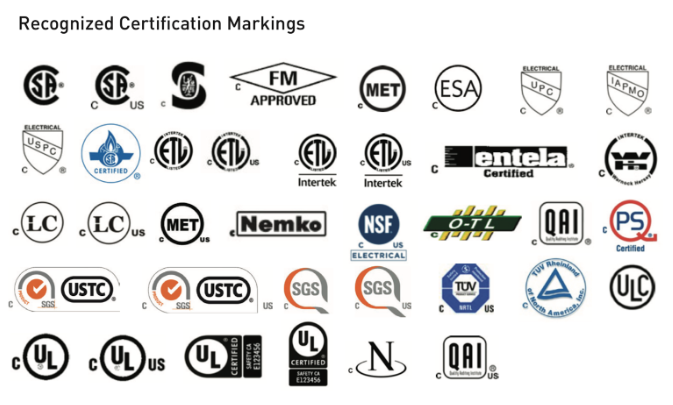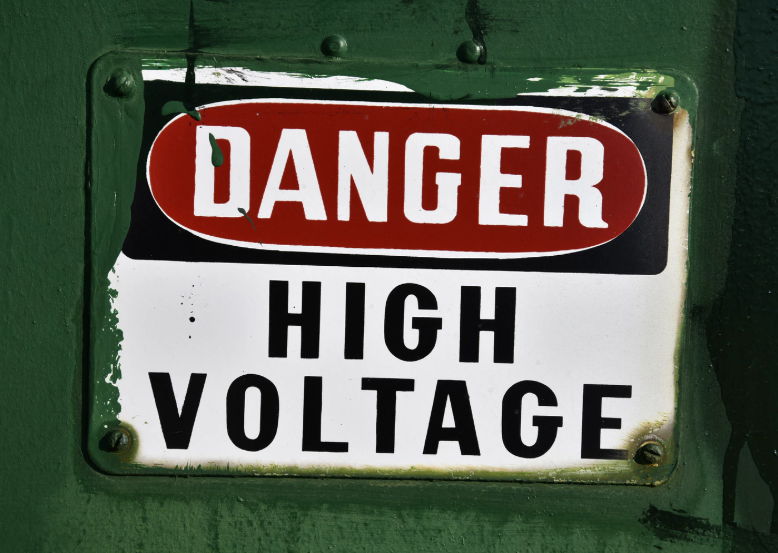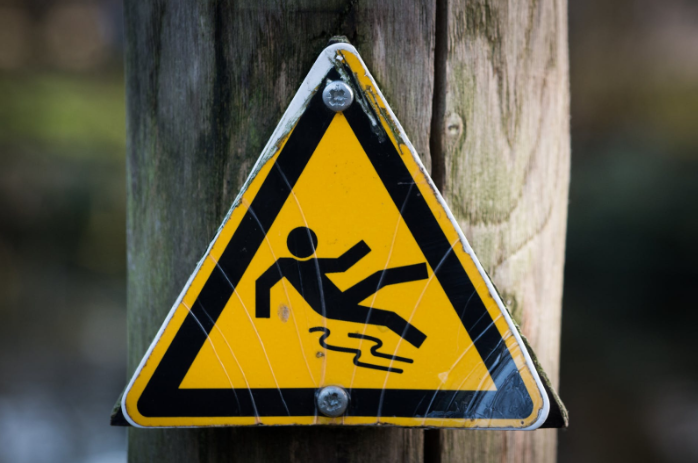Lights, gatherings, celebrations — the holidays bring a lot of joy and a lot of preparation and planning. Here are a few simple home safety tips you can use so that you can spend more time in the moment and avoid crisis mode altogether.
1. Keep it Light
Regardless of how you celebrate if you’ve got indoor or outdoor holiday lights, one of the main holiday safety tips to follow is to make sure that all the wiring is in good condition. Watch for frayed cords or broken connections. Replacing a broken string of lights is much more cost effective than the alternative of replacing your home and contents.
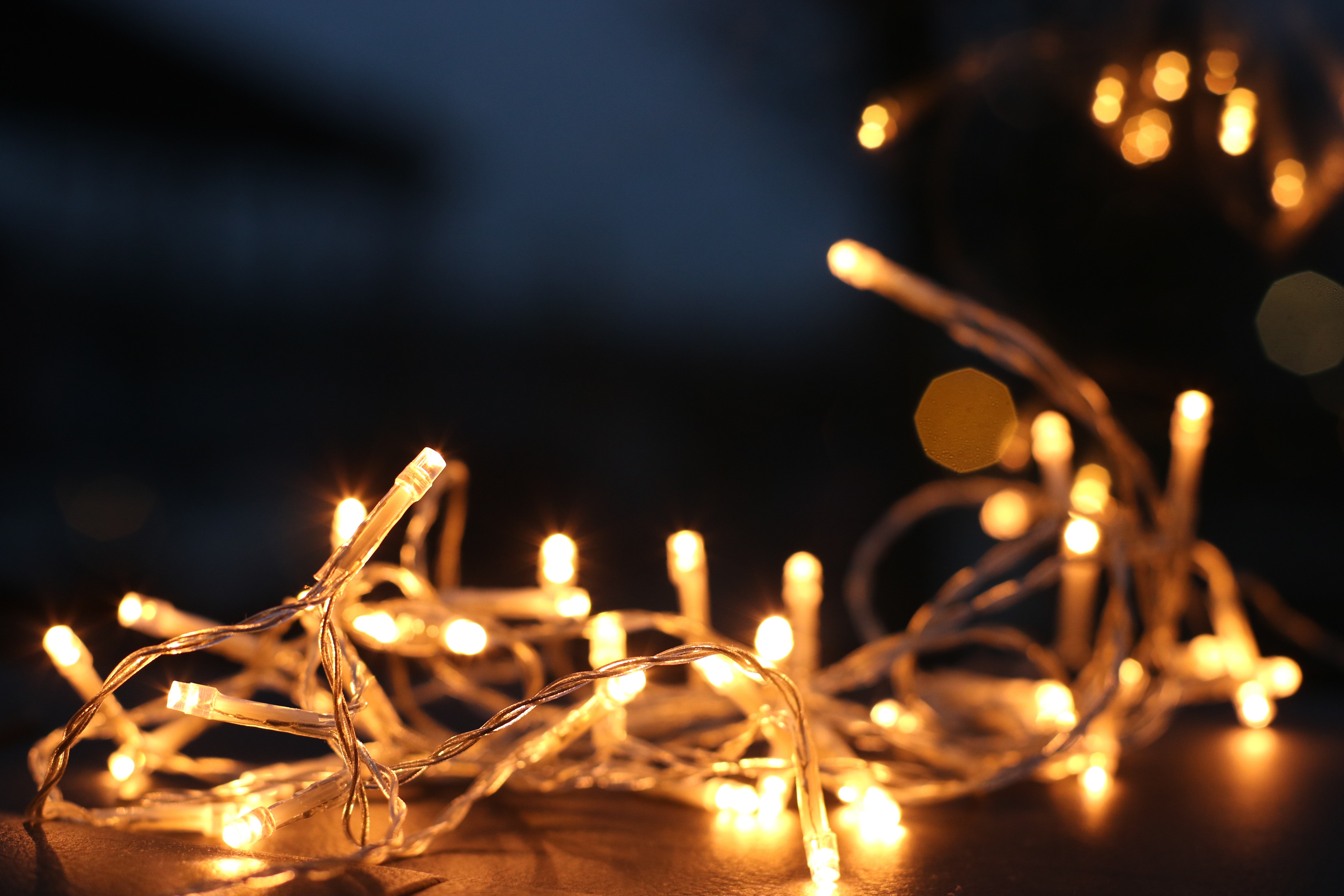
When purchasing lights or any electrical products for your home, look for the following symbols. Below is a list of the symbols used in Ontario, courtesy of the Electrical Safety Authority (ESA).
2. Maintain an Air of Comfort
With the furnace running and the windows closed, conversations aren’t the only things that can get a little dry. This is why maintaining indoor air quality and proper humidity levels are so important during the holidays and throughout the winter heating season.
Ideal home humidity levels in winter are 30-40% at 19-23°C. Air that’s too dry can irritate nasal passages and worsen dry skin. In addition to physical discomfort, overly dry indoor air can also dry out woodwork and hardwood floors, cause your fresh tree to get parched more easily and damage sensitive musical instruments and electronics.
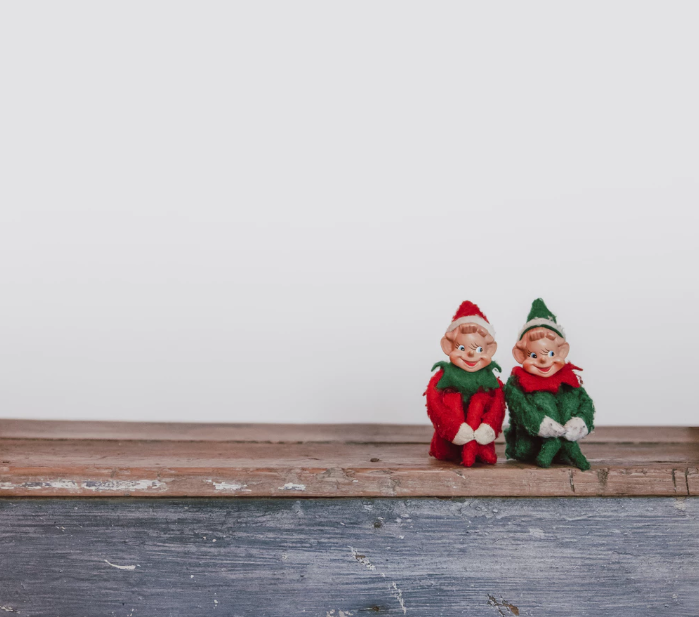
Note: If you see condensation on your windows, this is a sign that your humidity is too high and need to be lowered. As a benchmark, humidity levels shouldn’t be any higher than 45%.
3. Avoid Shocking Situations
During the holidays, the only electricity in the air should be the anticipation of time spent with family and friends. Keep everyone safe in your home by:
- Replacing missing or broken plate covers.
- Using safety covers to protect younger children from exposed outlets.
- Keeping all loose cords out of reach when younger children (especially the orally fixated ones) are about.
- Teaching older children how to use plugs and outlets correctly.
- Using surge protectors for indoor lights and Ground Fault Circuit Interrupters (GFCIs) for outdoor lights or if electronics are anywhere near water (think kitchen and bathroom) and don’t overload outlets (no more than three strings of lights at a time)
4. Prevent Slip-ups
Treat icy porches, steps, and walkways with de-icer. If you want to avoid the heavy use of salt and chemicals, there are many eco-friendly options now on the market. In a pinch, you can also use cat litter or sandbox sand.
Inside your home wipe up any spills or inadvertently placed wet footprints. Be mindful of hard surfaces like tile and hardwood floors that can be more slippery when wet. (Yes, the Bon Jovi reference is deliberate.)
5. Stay On-Point
Poinsettias add a festive pop of red or white. However, they also have a bit of a bad reputation in terms of holiday safety. The truth is while they can cause a child or pet to be sick from sampling these savories, a 50-pound child or pet would have to eat more than 500 leaves to reach toxic levels. In other words, there’s no need to skip the poinsettias — just keep an eye on them when children or pets are in the mix.

Bonus Tip: Don’t let pets drink from the Christmas tree water. Tree preservatives contain compounds and chemicals that can cause an upset tummy.
Stay safe and cozy this holiday season. There’s still time to schedule routine service check of your furnace to ensure you’re not feeling any unwanted chills. Of course, emergency service is also available for any holiday surprises. Want to learn more about home humidity levels? We can help you with that too. All you have to do is contact Afterglow.

